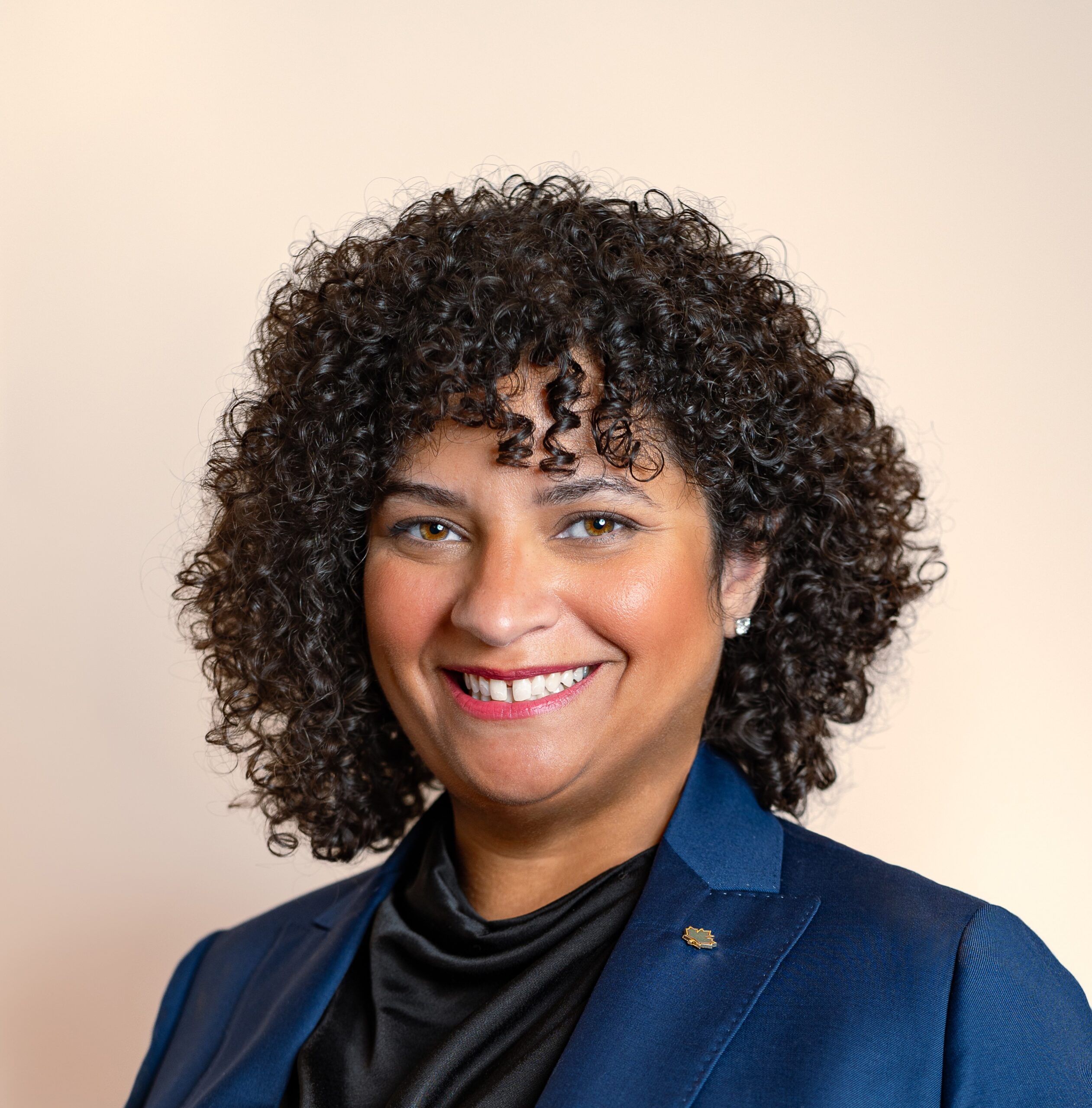Nearly every Canadian study permit refusal letter mentions the same reason for refusal:
I am not satisfied that you will leave Canada at the end of your stay, as stipulated in subsection 216(1) of the IRPR, based on ____________.
(For more common reasons for refusal, click here.)
When applying for a study permit from Nigeria, there are several things that you can do in order to maximize your chances of approval and persuade the immigration officer that you are a bona fide student and good candidate for a study permit.
-
Have a good study plan.
When you are applying for a study permit from several countries, including Nigeria, having a solid study plan is paramount to your Canadian study permit application.
You have to be able to demonstrate several things:
- WHY you want to take the particular program in Canada which you have been accepted to
- WHY you could not just attend the same program at home in Nigeria
- HOW attending this program will improve your career prospects
Many people treat a Canadian study permit as a last resort for immigration to Canada and apply for a study permit after their visitor visa or work permits have been refused. Answering all of these questions in advance for an immigration officer help explain why you are a bona fide, genuine student and that this is not the case for you.
-
Provide impeccable proof that you are able to finance your studies in Canada.
When it comes to a study permit application, money talks.
Immigration officers want to see that you will 100% be able to pay for your full year’s tuition without any problem and will not be forced to work to pay for your studies in Canada or apply for social assistance.
Despite the fact that if you are studying at the college or university level you are able to work while you study, you are not allowed to count any income you would earn while you study as part of your ability to pay for your schooling in Canada.
How much money do you need to have to study in Canada?
You must show that you have enough money to pay the first year’s tuition PLUS CAD$10,000 in unencumbered cash (outside Quebec).
Finally, you need to be able to show where this money has come from. A bank statement alone is often not enough – you need to provide employment letters, tax documents, etc. from whomever is paying for your studies in Canada.
-
Give a good explanation of your current work situation, future work plans, and your personal finances.
One of the most common reasons for refusal of a study permit from Nigeria is:
I am not satisfied that you will leave Canada at the end of your stay, as stipulated in subsection 216(1) of the IRPR, based on your current employment situation and/or personal assets and financial status.
You need to demonstrate to the officer that you have enough liquid cash to meet your financial obligations for study in Canada regardless of whether you are currently working. If you are not currently working, you should be able to provide a valid reason why (such as still being in school fulltime).
-
WATCH OUT FOR FRAUD
There are many, many fraudulent and fake immigration representatives, especially operating outside Canada. For more information about how to tell if an immigration consultant or lawyer is fake, click here.
Sometimes they call themselves “migration agents,” “migration consultants,” or even “lawyers.” Only a regulated Canadian immigration consultant (RCIC) or immigration lawyer licensed by a Canadian law society is legally allowed to take money for assistance with a Canadian immigration application.
If an “agent” or “consultant” tells you to pay a fee for their assistance, ask for their ICCRC number. You can then look this number up on the ICCRC website to see if they are really licensed. If you’re dealing with a “lawyer,” ask them for their Law Society number and you can look them up on the Law Society website.
You can also look any licensed representative up by name. You can even see if they have ever had a complaint or disciplinary action taken against them. If an “agent” or “consultant” will not give you their license number, this is a huge RED FLAG that they are not legitimate. Let us know if you think you are dealing with a fake consultant.
—
Again, when it comes to Canadian study permit applications, MONEY TALKS.
These are the most common reasons for refusal from Nigeria, however others do come up as well such as:
- Travel history
- Economic conditions in your country of residence
- Purpose of your visit
Any and all reasons for refusal can be overcome in a new application. However, this is much easier to do when you have had a single refusal rather than multiple refusals. If your study permit application is refused, it is heavily recommended that you seek professional advice to plan your next move before you submit a new application.
Once you complete your studies in Canada, then you can apply for your Post-Graduate Work Permit and eventually become a permanent resident.
—
If you aren’t sure where to go from here, or you have had multiple refusals, contact us to find out the best way to move forward with your studies in Canada.
One of our partners, Cassandra Fultz, specializes in study permit applications with prior refusals. She has helped dozens of applicants with prior study permit refusals get their Canadian study permit applications approved – many of them are studying at Canadian colleges and universities right now.
 Author:
Author:

